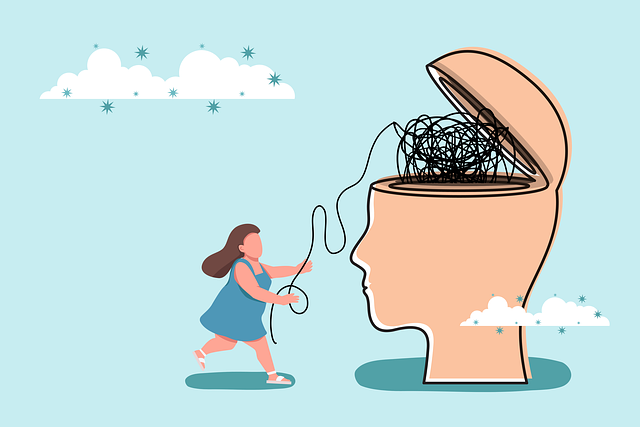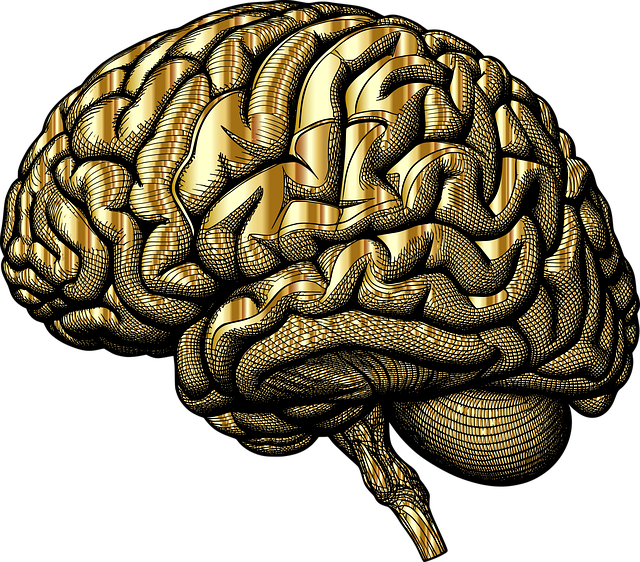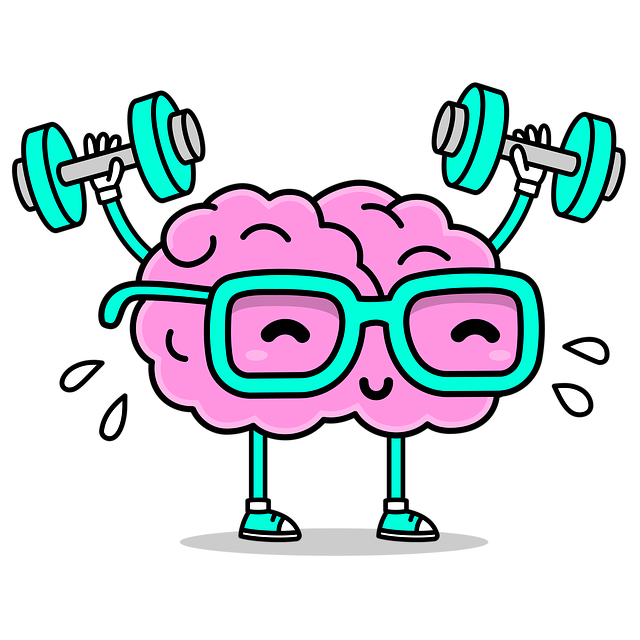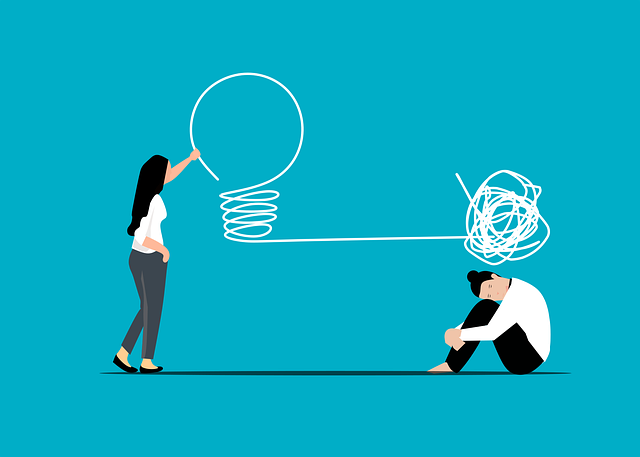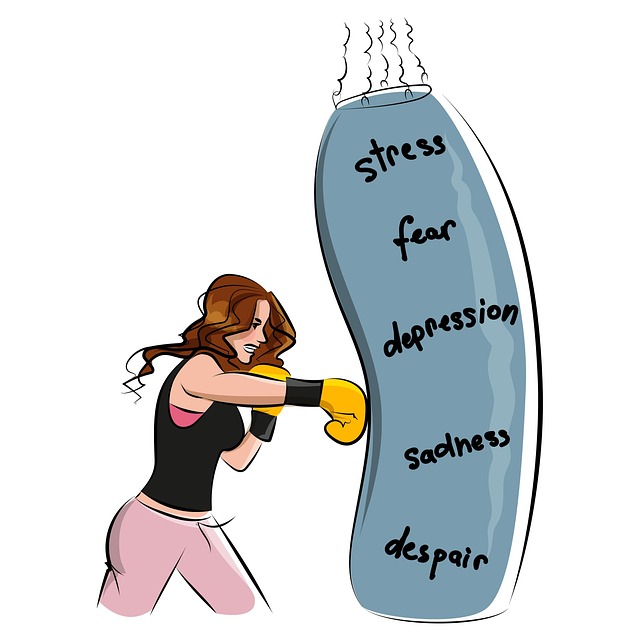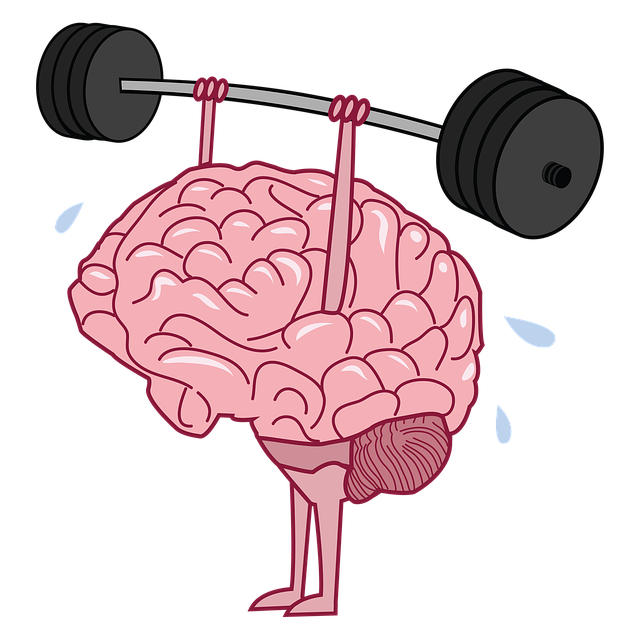Emotional intelligence (EQ) is a cornerstone of successful therapy, particularly in Superior Independent Medical Evaluations Therapy, where EQ enables patient-centered care. High EQ therapists create safe spaces encouraging open dialogue and self-care, leading to better therapy outcomes, especially for trauma victims through Trauma Support Services. The approach fosters self-awareness, helping individuals manage their emotions, identify triggers, and build resilience. Empathy, a key EQ aspect, strengthens healthcare relationships, enabling superior independent medical evaluations by understanding patient perspectives. Cultivating emotional regulation through personalized therapy plans, crisis intervention guidance, and social skills training equips individuals to cope with life's challenges and build supportive networks.
Emotional intelligence (EI) is a game-changer in personal and professional growth. This powerful tool enhances effective communication, fostering stronger relationships and improved mental resilience. In today’s fast-paced world, understanding and managing emotions is crucial for success.
This article guides you through the key components of EI: from self-awareness and empathy to emotional regulation techniques. By unlocking these skills, individuals can navigate life’s challenges with greater confidence, leading to improved mental health outcomes, as supported by Superior Independent Medical Evaluations Therapy.
- Understanding Emotional Intelligence: The Foundation of Effective Communication
- Unlocking Self-Awareness: Recognizing and Managing Your Emotions
- Empathy in Action: Walking in Others' Shoes to Enhance Relationships
- Cultivating Emotional Regulation: Strategies for Stress Management and Resilience
Understanding Emotional Intelligence: The Foundation of Effective Communication

Emotional intelligence (EQ) is a vital skill set that forms the foundation of effective communication and interpersonal relationships. Understanding and managing one’s own emotions, as well as recognizing and empathizing with others, are key components of EQ. This capability allows individuals to navigate complex social interactions with grace and understanding, fostering healthier connections in both personal and professional settings.
In the context of Superior Independent Medical Evaluations Therapy, emotional intelligence plays a crucial role in ensuring patient-centered care. Therapists who possess high EQ can create a safe and supportive environment for clients, encouraging open dialogue and promoting self-care practices. This, in turn, enhances the effectiveness of therapy and facilitates positive outcomes, especially when addressing challenging issues such as trauma through Trauma Support Services. By integrating emotional intelligence into therapeutic approaches, healthcare professionals can help individuals develop a robust Self-Care Routine Development for Better Mental Health, leading to improved overall well-being.
Unlocking Self-Awareness: Recognizing and Managing Your Emotions

Emotional intelligence begins with self-awareness—the ability to recognize and manage your own emotions. This involves understanding what you’re feeling in any given moment, why you’re feeling it, and how it influences your thoughts and actions. By developing this awareness, individuals can begin to unravel the complex web of their emotional responses, making room for more thoughtful and nuanced reactions.
Superior Independent Medical Evaluations Therapy provides a safe space for individuals to explore these emotions without judgment. Through professional guidance, one learns to identify triggers, acknowledge limitations, and cultivate resilience. This journey of self-discovery is further enhanced by the Mental Wellness Podcast Series Production, which offers valuable insights and Crisis Intervention Guidance. Even those who have experienced trauma can find support through Trauma Support Services, helping them to process and move beyond painful emotional remnants.
Empathy in Action: Walking in Others' Shoes to Enhance Relationships

Empathy, a cornerstone of emotional intelligence, is a powerful tool to enhance relationships in various settings, including healthcare. Medical professionals, when practicing empathy, are able to provide superior independent medical evaluations by truly understanding their patients’ perspectives and experiences. This involves actively listening, paying attention to non-verbal cues, and cultivating compassion—all components crucial for effective therapy. By walking in others’ shoes, healthcare providers can better assess mental health risks, facilitate meaningful connections with patients, and ultimately improve patient outcomes.
Moreover, empathy goes beyond individual interactions; it has significant implications on a larger scale. Community outreach program implementations can greatly benefit from compassion cultivation practices, fostering stronger relationships between mental health professionals and diverse communities. This not only enhances service delivery but also contributes to a more inclusive and supportive society, where everyone feels seen and heard.
Cultivating Emotional Regulation: Strategies for Stress Management and Resilience

Cultivating emotional regulation is a cornerstone of building emotional intelligence. Effective stress management and resilience are developed through various strategies tailored to individual needs. One powerful approach involves superior independent medical evaluations that provide objective insights into an individual’s mental health status, guiding personalized therapy plans. These evaluations help identify triggers, pinpoint areas for improvement, and monitor progress over time.
Integrating crisis intervention guidance and social skills training further strengthens emotional resilience. Crisis interventions equip individuals with quick and effective coping mechanisms during stressful situations, fostering a sense of control. Social skills training enhances communication and relationship building, providing a support system crucial for managing emotions and navigating social interactions with confidence. This comprehensive approach ensures mental health professionals are equipped to help clients develop robust emotional intelligence and navigate life’s challenges successfully.
Emotional intelligence is a powerful tool that can significantly enhance personal and professional relationships. By understanding, recognizing, and managing our emotions, as well as empathizing with others, we can improve communication, build stronger connections, and foster an environment conducive to effective therapy. Implementing strategies for emotional regulation not only promotes stress management but also boosts resilience in the face of challenges. Through continuous self-awareness and empathy, individuals can achieve a superior level of personal growth, leading to more fulfilling lives and improved outcomes in various settings, including independent medical evaluations.
